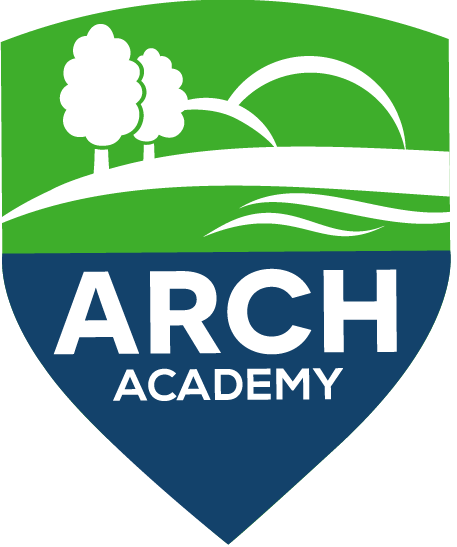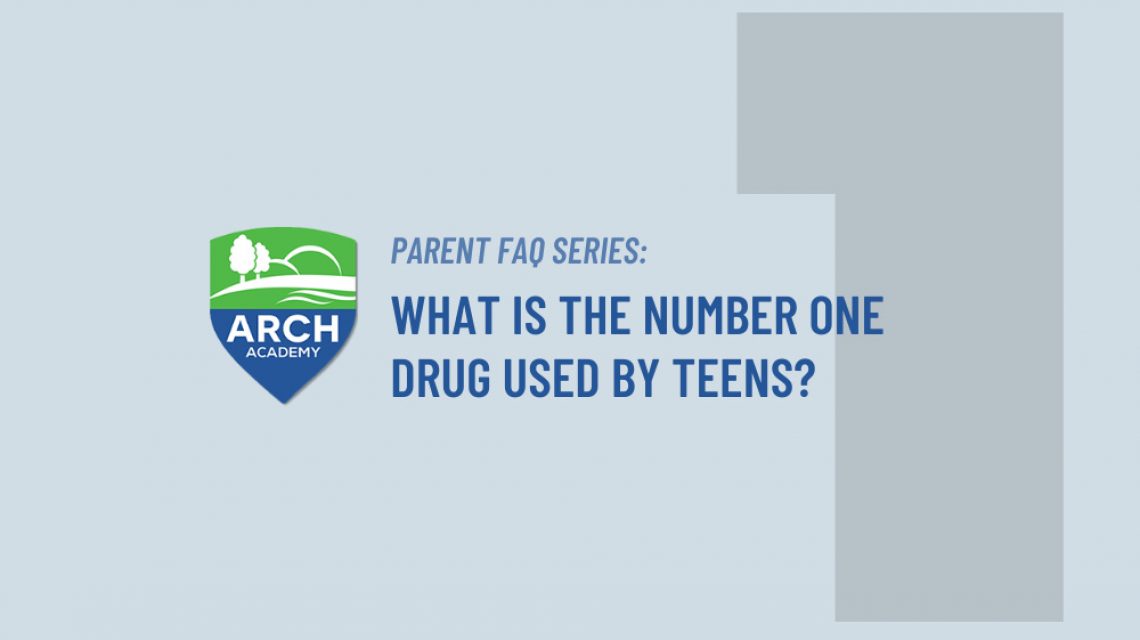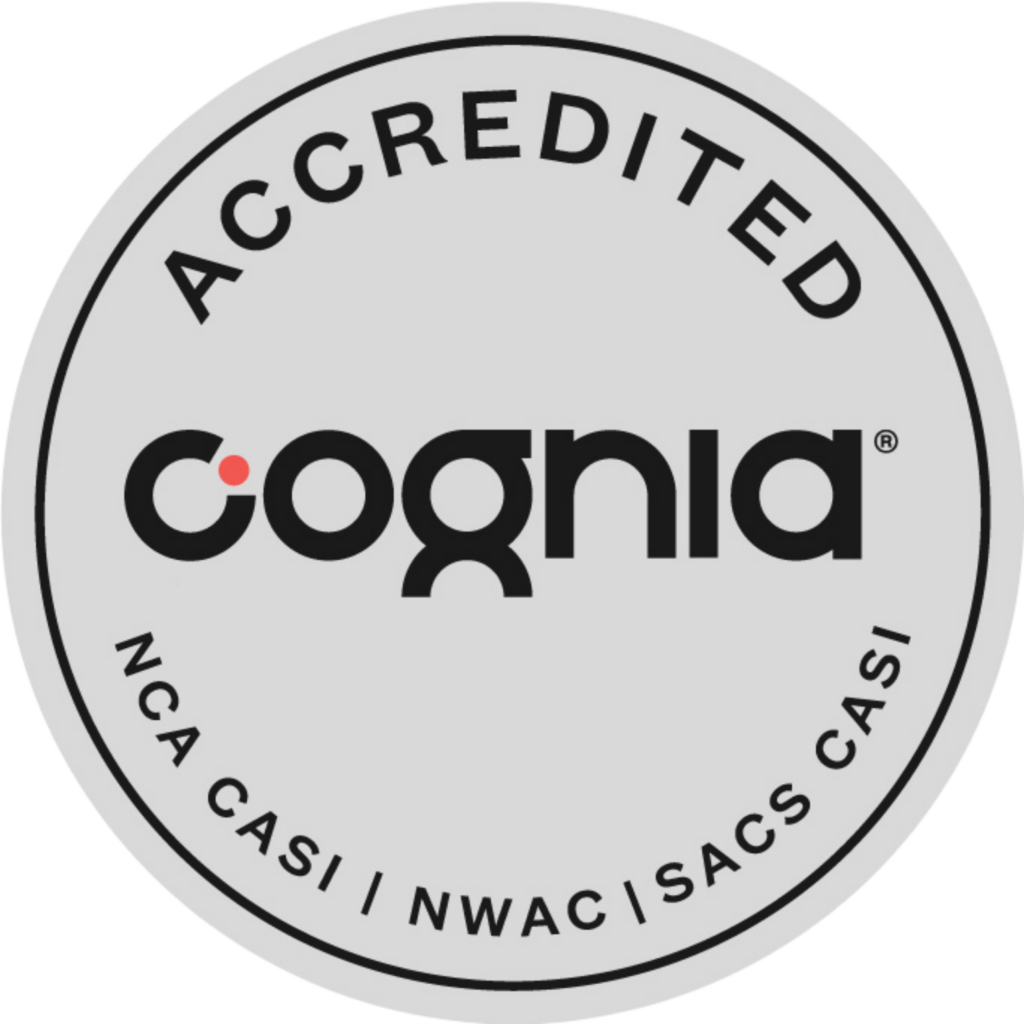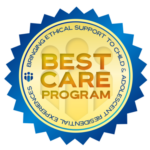Teen drug abuse and addiction remain a prevalent problem in the U.S., despite growing awareness among parents, teachers, coaches and clergy. Adolescents might experiment with drugs for many reasons, from simple curiosity to peer pressure to a desire to sweep problems under the rug. Teenagers can also turn to drugs if addiction and mental health issues run in their families or if the adults around them don’t model healthy coping behaviors.
According to data from the National Institute on Drug Abuse, teen drug use has decreased in recent years, but the number of adolescents who need professional treatment for a substance use disorder remains too high.
What Drugs Do Teens Abuse?
Top drugs used by teenagers can vary depending on what substances they have easy access to at home or school. Often, they include legal drugs like alcohol and tobacco, plus prescriptions like Adderall and Xanax. Many adolescents grow up believing drinking and marijuana use are a rite of passage, thanks to media depictions of high school and college parties where people use these drugs to fit in with the crowd.
Warning signs of worsening teen drug abuse include:
- Dramatic decline in academic performance
- Secrecy and dishonesty
- Memory problems
- Lack of self-care
- Loss of interest in friends, hobbies and school
- Irresponsible or violent behavior
How to Start a Conversation About Teen Drug Abuse
If you have any reason to believe your child is drinking or taking drugs, it’s essential to talk to him about it so you can start recovering as a family. Trying to ignore or deny the problem is a form of enabling, which will allow teen drug abuse to continue. Here are some tips for proactively bringing up the topic and having a successful discussion.
- First, write down your thoughts and rehearse what you want to say. This tactic will help you stay calm and avoid making angry or accusatory statements that are hard to take back. Remember, no matter how frightened or desperate you might feel, starting an argument will not help.
- Timing and location are crucial. Wait until your teen is sober before broaching the topic, and choose a neutral, distraction-free place.
- Don’t guilt-trip your teen. There is no reason to add to the heavy burden of shame he is likely already carrying.
- If anyone in your household relies on prescription medications that can lead to an overdose or addiction, let your son know you will start keeping the medicine cabinet locked. Do not keep alcohol, tobacco or marijuana products in your home.
Addiction Recovery for Teen Boys
While they might not always admit it, adolescents rely on their parents’ guidance to help them make wise decisions during a challenging phase of life. Though you can’t claim to have all the answers, your knowledge and life experiences can help you bring up a healthy, well-adjusted child.
Once you know how to recognize the signs of teen drug abuse, you can take steps to help your family recover together. At ARCH Academy, we provide innovative treatment designed for young men aged 14 to 17. Trust us to help your son heal and equip him with the tools he needs to sustain his sobriety. Contact us today to learn more.





